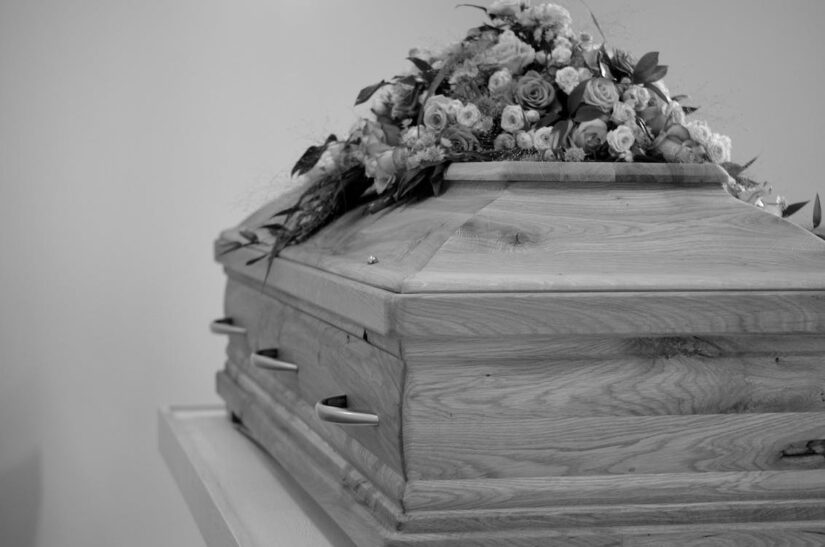Repatriation is the process of bringing a deceased loved one to their country of origin to carry out funeral services. Burial or cremation of their remains will occur in their country. This is a complex procedure and you need to have a reliable company that will work with you to clarify details and go through the steps.
When sending a dead body overseas, you need to make arrangements to transport the body. This is something that is required when someone passes away on foreign soil away from their resting place. Repatriation services strive to honour the wishes of the deceased person and ensure they are laid to rest in their country following any cultural or family traditions. There are a few critical steps in the repatriation process.

First of all, you need to report the death to the relevant authorities which will include the embassy or consulate of the deceased country of origin, local law enforcement and the funeral home in the foreign country where the deceased lies. There are certain documents you will need to embalm the body. This will vary according to the regulations of the local area along with the condition the body is in. Some of the essential documents you will need will be a death certificate, permits to transport the body and an embalming certificate.
You will need to
Select a funeral director that has experience in the repatriation process so that they can coordinate the process from beginning to end. There are companies that offer these specialised services and they will make travel arrangements and handle any legal requirements. There are many decisions to be made throughout this process. One such decision is the selection of a container or a casket to transport the deceased. The repatriation company can provide guidance on how to choose an appropriate option.
They will need to consider the special requirements for international transportation of a dead body in this regard. They will advise the family about all these arrangements as well. There are complex legal procedures along with administrative processes that have to be navigated when it comes to repatriation. You will need to obtain permits, documentation and clearances for both countries; departure country and arrival country.

The transportation arrangements need to be done
Which involve boking a flight and coordinating this process with the airline. You need to make sure that the process complies with international regulations that have been set for shipping human remains. The representatives will have to work with a local funeral home in the home country to coordinate how the remains of the deceased will be received. You need to consider customs clearance and how the body will be transported to the funeral home. Decisions need to be made on the funeral or cremation arrangements. There will also be certain ceremonial services to be included depending on the religious and cultural traditions of the deceased and their family. These factors will determine whether the funeral or a memorial service will be held for the deceased and if a viewing will be carried out.

Recent Comments